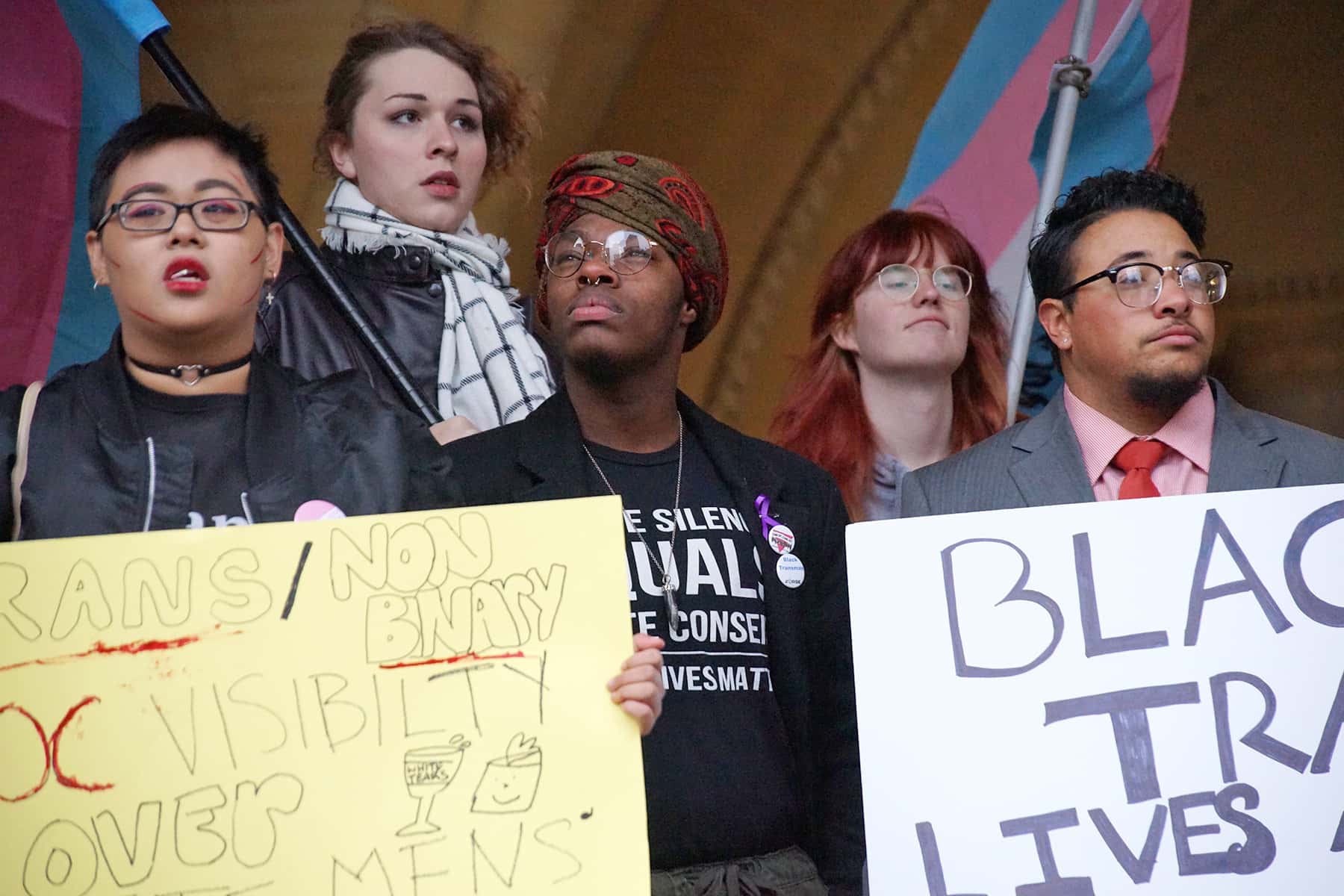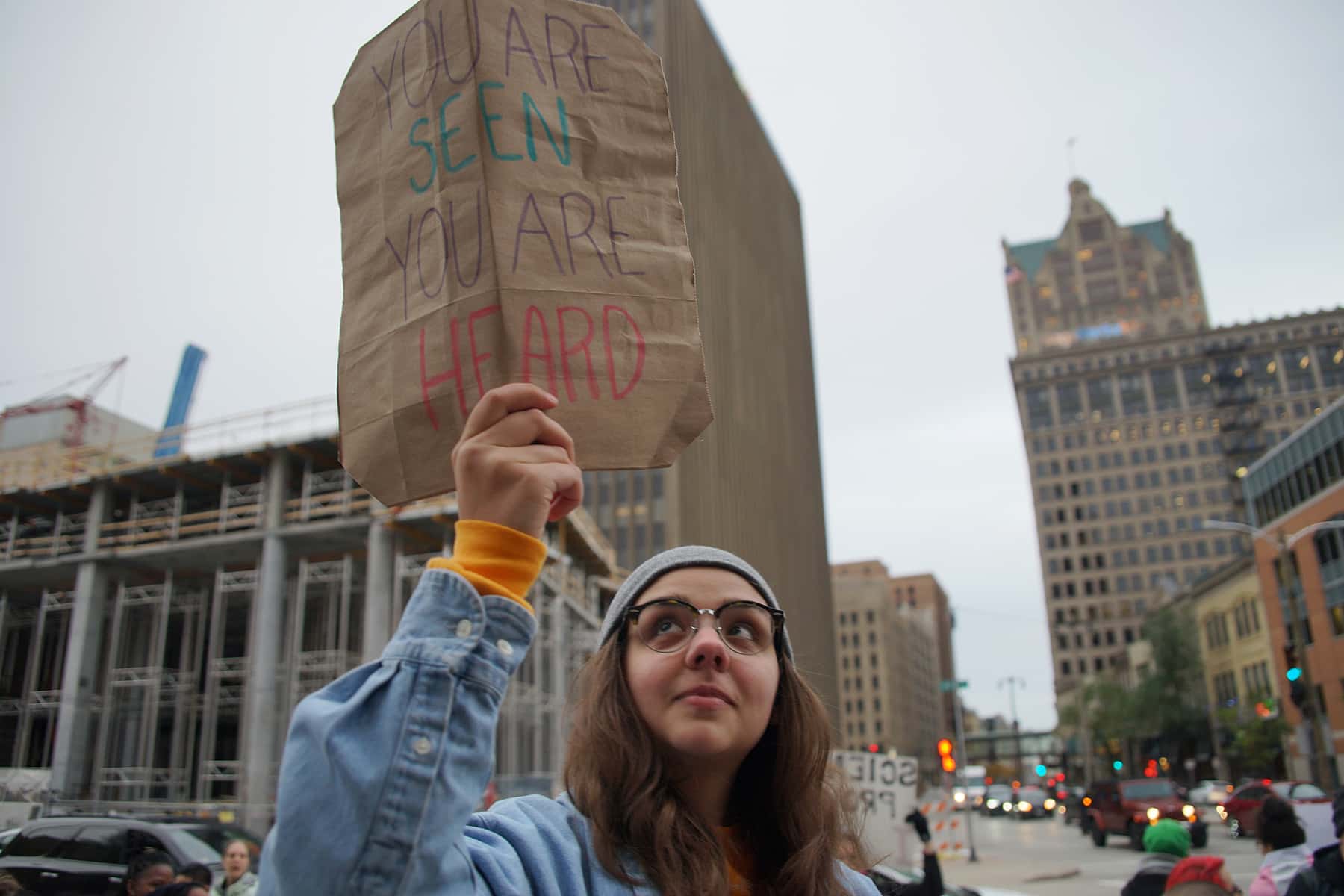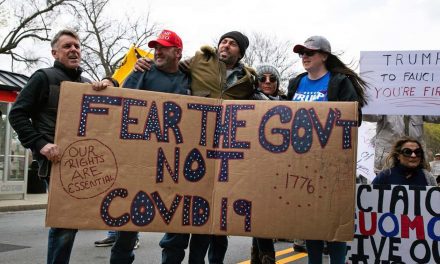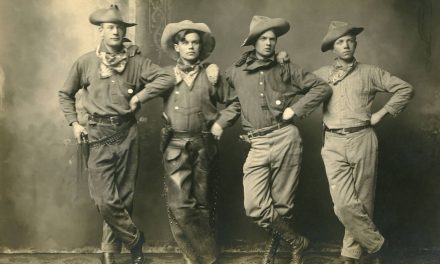
On October 21, the New York Times reported that the Trump administration was considering defining gender as biological and immutable – based on genitalia at birth. As a transgender individual, and particularly as a person who has been advocating for transgender rights for the past 25 years, this news came as a gut punch.
Since 1995, I have been working to explain gender to anyone who will listen. My sex at birth was female, and I was raised as a girl. But in 1995, when the word transgender was still brand new, I came out and socially transitioned, beginning my life as a boy at age 17.
I’ve argued with a judge over my right to change my name – in 1996, he claimed I was violating a law in the state of Maine, a relic of the 19th century, that banned “male impersonation”. On that day, I understood what I was in the eyes of the law: a pretender, someone who was trying to get away with something. At best, confused. At worst, a criminal.
I’ve been through the minutiae of state and federal paperwork to get my birth certificate changed, even though I haven’t had any surgery. It worked: the state of Maine has reclassified me as male. I’ve changed my passport, my driver’s license. I’ve married my wife twice: once before the birth certificate was changed, when we were considered a same-sex couple and only the state of Vermont or Hawaii would certify our union (we chose Vermont). And then for the second time when my birth certificate was reclassified.
I’ve been patient with clerks and police and Transportation Security Administration officers at airports and everyone else who handles my identification, explaining who I am, how I look, what it says on paper and why, sometimes, that paper is wrong.
At times, those conversations have been tense: I walked with a state senator in New Hampshire last year, when the legislature was considering whether to add gender identity to the non-discrimination clause, and told him I’d been fired from a job for being transgender. “That’s not right,” he said. “But I worry about bathrooms and keeping girls safe. Men dressing as women could hurt them.” I’d heard this line before, and I asked him which bathroom he would want me to use. He took in my presentation: standard masculine, with a baritone voice and bit of stubble. “Oh,” he said, “the men’s room.”
That’s how gender works: we present on the outside, revealing what we know to be true on the inside. Girl, boy, non-binary. No one has to know about our genitalia. Not what they are now, not what they were at birth. That’s not how gender works. Gender is an act of translating self to the world.
As I contemplate what the Trump administration wants to do, I find myself thinking of a very particular doctor’s appointment in 1998. I needed a physical on short notice, for a summer job, so I went with the first doctor available at my college’s health center, Dr Johnson. He was an older man; he took the physical paperwork and promptly listened to my heart, my lungs, ticking things off on his clipboard. Then he asked me if he could examine my testicles. “I don’t have any,” I replied. “I’m transgender.”
I was ready for his puzzled expression, ready to answer his “what, now?” with a practiced pitch explaining that I was born female but understood myself as a boy and now lived that identity. Transgender. “Oh,” he replied. He continued on, checking my reflexes, my nostrils, my ear canals. And then he asked again. “Are you sure about the testicular exam? I really need to fill that in.” I repeated myself. I was used to this. He blinked at me. Consulted his chart. At last he said, “Am I correct in understanding that you are a woman with short hair?”
A few days ago, I could tell this story as a joke. Look how far we’ve come. Back in 1998 in that doctor’s office, I explained one more time, going over the difference between my biology, my genitalia, and my identity, my self. Then I went over the health center’s administration office and registered a complaint: they needed to train their staff, and I would be happy to help with that. I knew that education was the only way to overcome the ignorance.
A few days ago, I would say that this was the way forward: conversations, education, training. I would’ve admitted that it was a work in progress, but I would’ve put emphasis on the word progress. We were making progress. Look at all the changes I’ve seen in just 20 years of work.
But today, I don’t know what to say. That the government wants to deny who I am. Wants to erase my identity. Wants to tell me who and what I can be, based on how I appeared at birth.
I don’t know yet what shape my resistance will take. But I do know that I’ll be joined by the thousands and thousands of people I’ve worked with, talked to, and educated over the past decades as a transgender advocate. The attempt to diminish one minority is an attempt to erase us all.
Alex Myers
Lee Matz
Originally published on The Guardian as Trump wants to deny my trans identity – and erase years of progress
Help deliver the independent journalism that the world needs, make a contribution of support to The Guardian.















